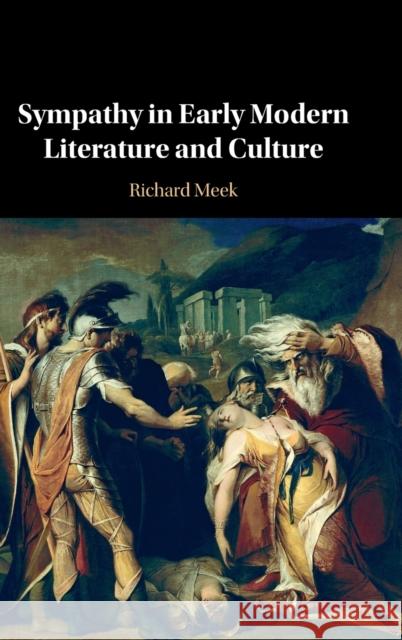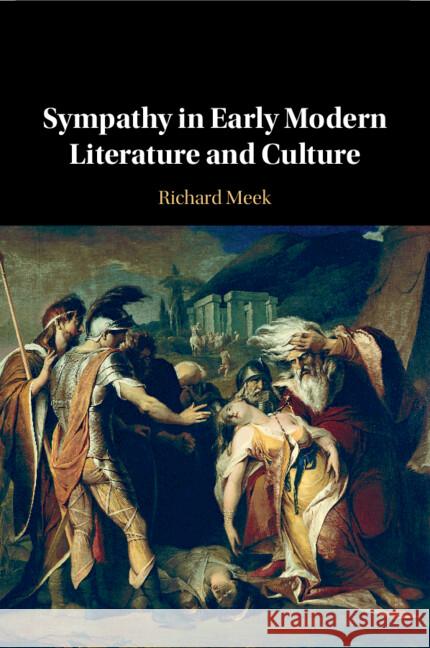topmenu
Wyniki wyszukiwania:
wyszukanych pozycji: 2
 |
Sympathy in Early Modern Literature and Culture
ISBN: 9781009280266 / Angielski / Twarda / 2023 Termin realizacji zamówienia: ok. 16-18 dni roboczych. |
cena:
413,78 |
 |
Sympathy in Early Modern Literature and Culture
ISBN: 9781009280242 / Angielski / Miękka / 2025 / 302 str. Termin realizacji zamówienia: ok. 16-18 dni roboczych. |
cena:
112,76 |










